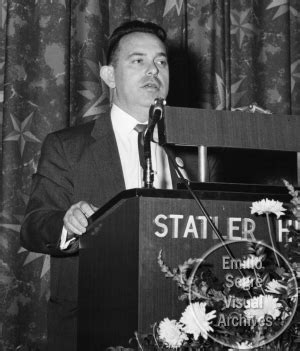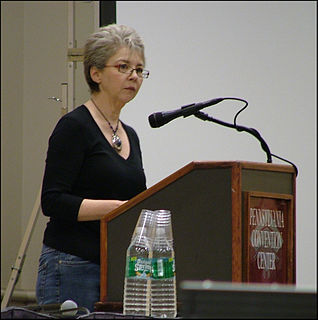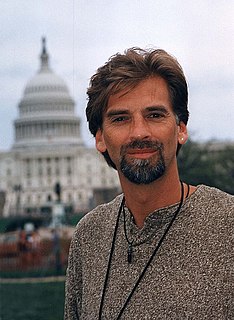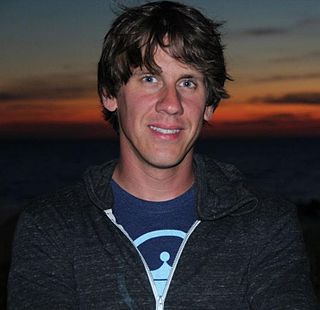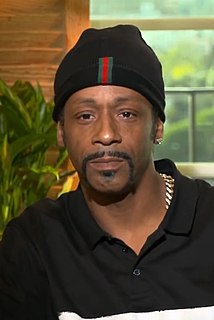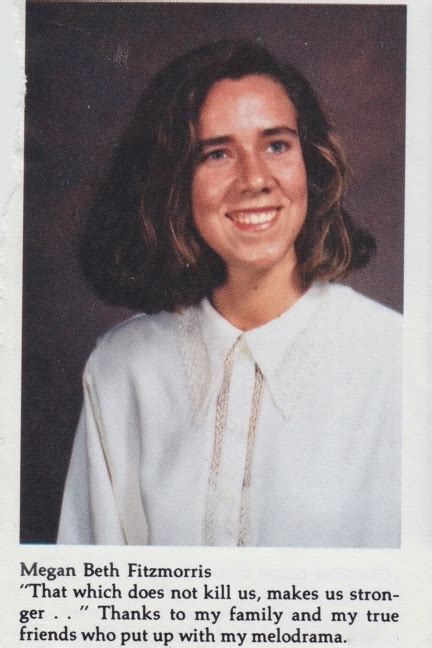A Quote by Soren Kierkegaard
Confidence is the present tense of hope.
Quote Topics
Related Quotes
Try to find the real tense of the report you are reading: Was it done, is it being done, or is something to be done? Reports are now written in four tenses: past tense, present tense, future tense, and pretense. Watch for novel uses of CONGRAM (CONtractor GRAMmer), defined by the past imperfect, the present insufficient, and the future absolutely perfect.
Trust perfected is prayer perfected. Trust looks to receive the thing asked for and gets it. Trust is not a belief that God can bless or that He will bless, but that He does bless, here and now. Trust always operates in the present tense. Hope looks toward the future. Trust looks to the present. Hope expects. Trust possesses. Trust receives what prayer acquires. So, what prayer needs, at all times, is abiding and abundant trust.
To be honest, we live in an exciting time where form is concerned. My sincerest hope is that more people will notice this and agree to play and invent - the only way to not succumb to the complacency and market-driven schlock of the present tense is to continually interrogate it from the inside out.
Almost by definition, secularism cannot be a future: it's a present-tense culture that over time disconnects a society from cross-generational purpose. Which is why there are no examples of sustained atheist civilizations. "Atheistic humanism" became inhumanism in the hands of the Fascists and Communists and, in its less malign form in today's European Union, a kind of dehumamism in which a present-tense culture amuses itself to extinction. Post-Christian European culture is already post-cultural and, with its surging Muslim populations, will soon be post-European.


